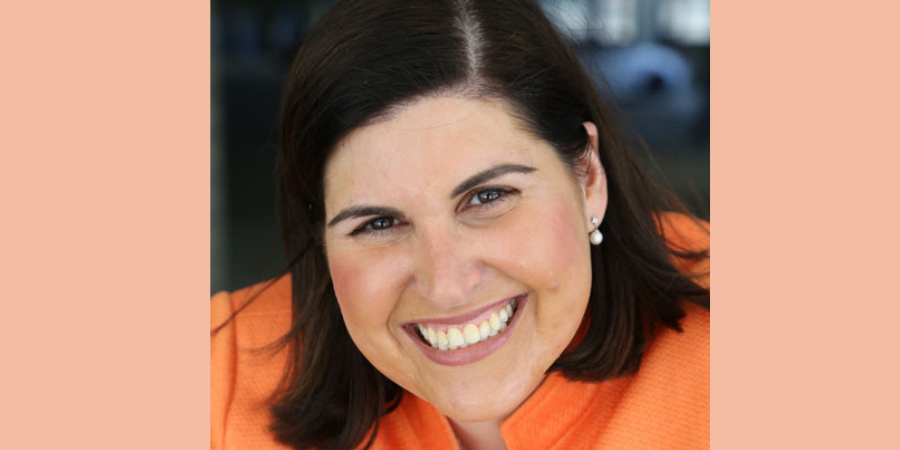Media portrayals of those with mental illness often skew toward either stigmatization or trivialization. Consequently, all forms of media—including television, film, magazines, newspapers, and social media—have been criticized for disseminating negative stereotypes and inaccurate descriptions of those with mental illness. Learn more.
Category: Film and Media
Mental Illness Depicted in the Arts
Popular culture has an important role to play in the public’s opinions and understanding of mental illness. According to Collider.com a source for entertainment news, “…having accurate portrayals of mental health in movies and TV shows can show people that they are not alone”. Below are some examples of movies and TV shows that do a good job of reflecting reality:
What About Bob? (1991) This film tells the story of Bob (Bill Murray) who has a massive list of phobias that interfere with his everyday life. Bob’s experience of experiencing such heavy anxiety that it impacts his daily life is relatable to anyone who has experienced something similar.
Girl, Interrupted (1999) The autobiographical story of Susanna Kaysen’s experience of being hospitalized, and subsequently diagnosed with Borderline Personality Disorder. Borderline Personality Disorder is still poorly understood, and frequently stigmatized. The fact that this was discussed so openly and in such an honest way in 2000 is a credit to Kaysen. The movie captures the sobering reality of hospitalization for mental illness.
The Perks of Being a Wallflower (2012) A film adaptation of a best-selling young adult novel depicts the main character Charlie’s depression in a nuanced, genuine way. Charlie’s romantic relationship with Sam (played by Emma Watson) doesn’t magically save him, but is one part of a support system that helps him navigate his mental illness.
BoJack Horseman, (2014-2020) an animated show that Time magazine called “the most important animated series since The Simpsons” shows both mental health struggles and moral dilemmas. Helmed by has-been actor Bojack, who suffers from a slew of addictions, his struggles are exacerbated by his off-the-rails drinking and self-destructive behavior. BoJack’s behavior isn’t simply the result of his alcoholism, but of neglectful and abusive parenting; inherited trauma is also illustrated poignantly in this series.
This is Us (2016 – 2022) A television series which follows the lives of three siblings and their parents across the decades from the 1980s to the present day. The portrayal of mental illness through the character of Randall has been met with widespread praise from critics and fans alike. The show highlights Randall’s ongoing struggle with panic attacks and anxiety, as well as themes of addiction and grief through other characters.
Review: He’s My Brother
This documentary is a candid, moving exploration of one family’s efforts to ensure a rich, dignified life for Peter, born with multiple disabilities. Peter, 30 years old, is deaf, blind and has autism. His sister Christine describes how he experiences his world exclusively through touch, smell, and taste. Numerous family films chronicle her tender relationship with him throughout their childhood. The documentary demonstrates the very loving ways the family provides a rich, connected and stimulating environment for Peter in the face of significant challenges, and their struggles to find a setting which will assure him a dignified life once the parents are gone. Christine and her mother openly discuss her uncertainties about one day becoming his primary caregiver. While documenting the failings of government systems to provide adequate support to individuals like Peter, the film is also a testament to the fierce devotion of family caregivers.
Disability inclusion and representation in the entertainment industry
In this interview, Lauren Appelbaum, the VP, Communications and Entertainment & News Media of RespectAbility, talks about disability inclusion in the entertainment industry, how far we have come, and how far we still have to go. Click here to watch the interview.
Links mentioned in the interview:
-Visibility of Disability: Answering the Call for Disability Inclusion in Media
-New Survey: What Do Disabled U.S. Audiences Think Of Representation On Screen?
Inclusion in film and television
Two Films Receive Authentic Representation Award

Film and media are often perceived as reflections of reality which makes it important to recognize realistic representation on screen. The Ruderman Family Foundation’s Seal of Authentic Representation specifically acknowledges movies and television that feature performances of actors with disabilities. Two of the highest grossing films of 2021, A Quiet Place II and Godzilla vs. Kong have received that recognition. Click here to learn more about the performances by Millicent Simonds and Kaylee Holt, two Deaf actresses that portray Deaf characters in the films.
Television Review: Ramy

According to a recent study, “significant depictions of disability on film and television shows have nearly tripled over the past decade compared with the previous 10 years. Sixty-Five percent of depictions of disability came via films. Just 16% came from regular series, with the balance seen in TV movies, limited series or specials.” Ramy, an award-winning comedy-drama series on Hulu, is an exceptional example, with a realistic depiction of disability, played by an actor with a disability. Steve Way, the actor who plays Ramy’s friend Stevie, was born with muscular dystrophy and uses a wheelchair. The show focuses on the title character, Ramy, and his struggle to find himself and be true to his Muslim faith. Stevie as his best friend, is profane, staunchly realistic and an assertive advocate for himself. He alternately functions as Ramy’s conscience and leads him into temptation, resulting in scenes that are at times both hilarious and poignant. Stevie’s disability makes it necessary for him to depend on Ramy in a variety of – sometimes very personal – ways. The show depicts this in a completely natural fashion; there is no question that Stevie will be fully included in Ramy’s life and social circle. Click here to watch Ramy on Hulu.
Atypical Renewed for Final Season

The Netflix television series, Atypical has been renewed for a fourth and final season. The show tells the coming of age story of a young man named Sam who is on the autism spectrum. Although the actor who portrays Sam is not autistic himself, there are actors with Autism that have roles in the show. Anthony Jacques, who is on the spectrum, plays the role of Christopher and a number of characters in Sam’s support group are portrayed by people on the Autism spectrum. Click here to find out more about the addition of actors with autism to season two. Click here to learn more about the show’s upcoming final season.


